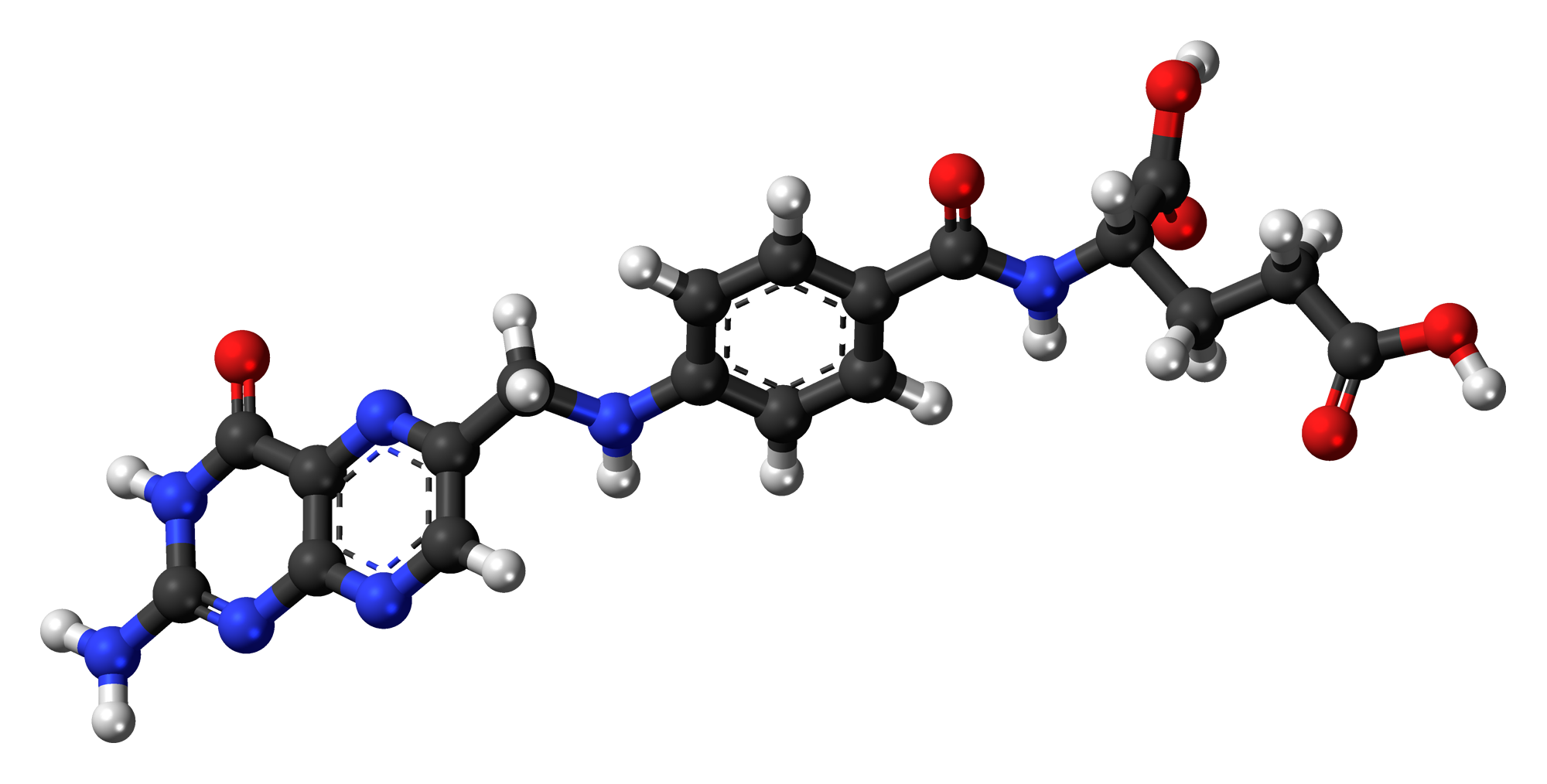Dean joined the UT Austin faculty in 1985, originally in the Department of Chemistry and Biochemistry and more recently in the Department of Molecular Biosciences. His research was centered on the cellular organization of folate-mediated one-carbon metabolism, starting with yeast as a tractable genetic system to dissect the critical role of mitochondria in this complex pathway. The Appling lab used classical biochemistry, molecular genetics, and even NMR methods to follow the flow of one-carbon units between the cytoplasm and mitochondria. These experiments in yeast revealed the intricate compartmentalization of one-carbon metabolism in eukaryotic cells. The group later studied these same pathways in mammals in which defects in one-carbon metabolism result in serious birth defects such as spina bifida. Using these systems his research team made the seminal discovery of a novel mitochondrial enzyme (MTHFD1L) that produces formic acid (formate). They cloned the human gene and constructed a knock-out mouse model in collaboration with the Vokes lab. In mice, defects in this enzyme lead to embryonic lethality, neural tube and craniofacial defects. The group showed that providing formate in the drinking water of pregnant mice could partially rescue the neural tube defects in null embryos. Certain polymorphisms in the human MTHFD1L gene increase the risk of neural tube defects in humans. The group has pursued the use of formate as a prenatal supplement to help prevent neural tube defects in humans. The Appling lab's work lead to a new appreciation of the critical role of mitochondrial one-carbon metabolism in cancer; there are now a number of new anticancer drugs being developed that specifically target mitochondrial one-carbon metabolism.
Dean retired from UT and closed his laboratory in December 2020.

